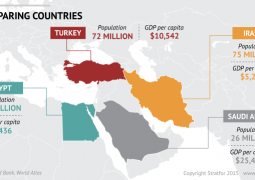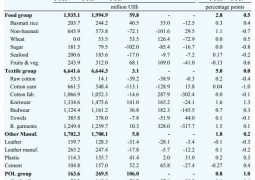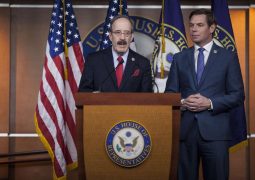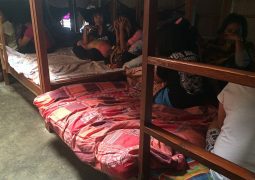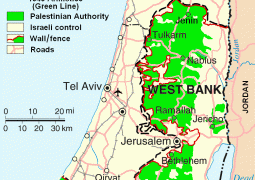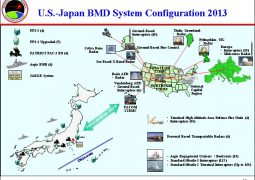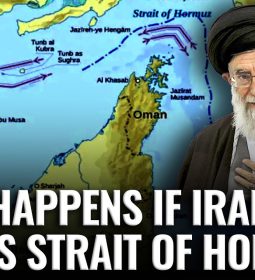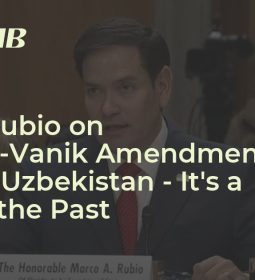Powerful Afghan governor pushes for role on national stage
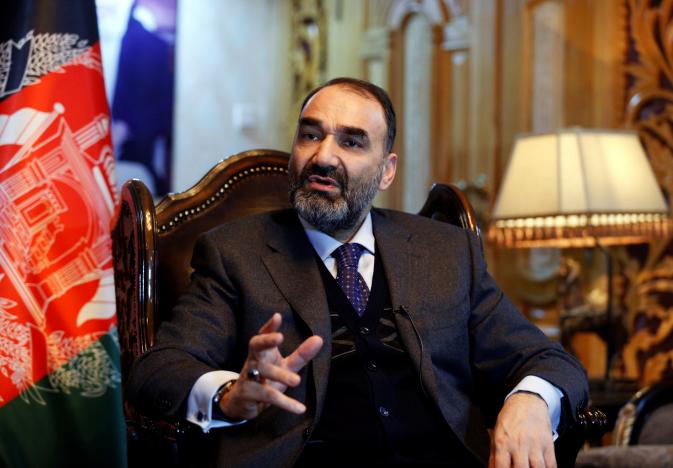
Atta Mohammad Noor, one of Afghanistan’s most powerful regional leaders, is in talks with President Ashraf Ghani to join the central government, a move that could shake up the country’s politics ahead of elections scheduled for 2019.
Negotiations have been going on for weeks, and while the outcome is uncertain and it is unclear what role Noor would take if any, his ambitions have implications for the balance of power between Ghani and government co-leader, Abdullah Abdullah.
“I am here in Kabul to continue my negotiations with the president,” Noor told Reuters in an interview at his house in the capital, where hundreds of visitors and petitioners crowd in daily to seek his help.
“If our negotiations succeed, we will leave Balkh to new and young faces,” he said, referring to the northern province where he has built a far-reaching regional power base. “We are ready to support the government and work together.”
Abdullah is CEO in a U.S.-brokered power-sharing government, but he is under growing pressure to deliver more for his followers, many of whom consider he has failed to protect their interests.
Some political commentators see Noor’s initiative as a challenge for the leadership of Afghanistan’s powerful ethnic Tajik group, currently led by Abdullah, a former ally whom he backed in the 2014 election.
Ghani is a Pashtun, traditionally the strongest ethnic Afghan group that is often viewed with suspicion by Tajiks and other minority communities.
Noor’s relations with Ghani have been strained in the past, and the president tried to dismiss him as Balkh governor.
But recent talks point to a thaw and have sparked keen interest in the mainstream and social media. There has also been a steady stream of politicians and foreign diplomats to Noor’s residences in Kabul and Mazar-i-Sharif in the north.
“The big question people are asking is, ‘is this the start of the 2019 presidential campaign for Afghanistan?’,” said Scott Worden, director of Afghanistan and Central Asia Programs at the United States Institute of Peace in Washington.
POLITICAL RIVALRY
Heightened political rivalry would add to the challenges the new U.S. administration faces in Afghanistan, where Taliban militants have increased their hold and the lack of jobs and security has pushed tens of thousands of people to leave.
Nationally, support for the government has weakened.
The Asia Foundation’s 2016 survey of Afghanistan, the biggest such survey, found overall satisfaction at a record low. About 49 percent of people thought the national unity government was doing a good job, down from over 70 percent in 2014.
More specifically, many Tajiks feel the government, formed in 2014 after allegations of massive vote-rigging on both sides, has not produced a genuine power-sharing agreement, sidelining Abdullah and leaving Ghani in sole charge.
Whether Noor exchanges his regional power base for the unpredictable politics of Kabul is unknown, as is his ability to be any more successful than Abdullah in soothing discontent among supporters.
For his part, Abdullah, whose position as chief executive is protected by the power-sharing agreement until the next election, has not reacted publicly.
His office declined to comment on Noor’s talks with Ghani and the president’s palace also declined to comment.
Last year’s deal with the Hizb-i-Islami faction led by former Islamist warlord Gulbuddin Hekmatyar has brought a potentially significant new Pashtun group into the government fold, leaving some Tajiks feeling further isolated.
And Noor’s longstanding rivalry with First Vice President Rashid Dostum, an ethnic Uzbek who also wields significant power in the north, is another potential source of tension should they both be in government together.
Dostum’s political future has been uncertain following allegations that one of his rivals was tortured and threatened with sexual abuse by some of Dostum’s bodyguards, accusations he has denied and said were spread by enemies trying to damage him.
(Reporting by James Mackenzie; Editing by Mike Collett-White)
- Previous Japan to explain facts about its auto market to Trump
- Next Iran tested medium-range ballistic missile



